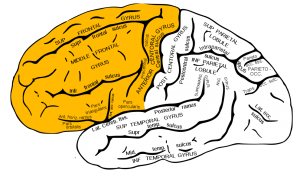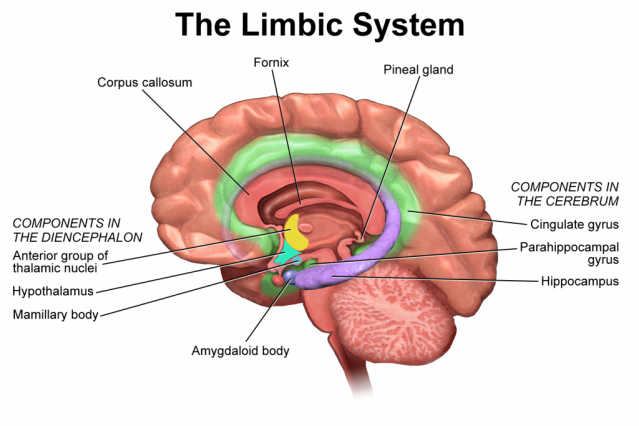Trauma
Brain Trauma Can Cause Compulsive Sexual Desires
Frontal lobe damage and hypersexuality.
Posted March 14, 2015 Reviewed by Ekua Hagan
Key points
- Some may experience hypersexuality after brain trauma, as was the case with two women interviewed by ABC News.
- Hypersexuality causes dysfunction in the lives of people who have it and can be very distressing.
- Researchers continue to learn more about how a bump on the head can drastically change personality and cognitive abilities.
By Amy Broadway, researcher at the Brogaard Lab for Multisensory Research
Yesterday, ABC News posted this interesting story about how brain trauma spurred hypersexuality in two women. Brain trauma more often causes a decrease in libido. However, sometimes it causes an increase in libido, as in the case of Alissa, a 23-year-old who suffered a car accident, and Heather, a 43-year-old who suffered a subarachnoid hemorrhage.
An increase in sexual appetite may seem like fun, but as with other sexual disorders, hypersexuality causes dysfunction in the lives of people who have it and can be very distressing.

Alissa, who was a teenager at the time of her crash, had damage to her frontal lobe, the site in the cerebral cortex associated with executive functioning, including the capacity for self-control, foresight, attention, and reasoning. When the frontal lobe is damaged, so are a person’s executive functioning abilities, leading to psychological and emotional problems, such as perhaps hypersexuality. Perhaps because it is in the front of the head, it is a common site of injury for people who have been in car accidents.
Going from a typically functioning teenager who was not abnormally concerned with sex, Alissa started having constant, obsessive thoughts about sex. She felt as if she had no reason to live if she could not find a sex partner. She created an outlet for her urges by becoming a professional dominatrix and selling “sexy” videos of herself. She has not, however, enjoyed her sexual compulsions, but has merely tried to cope with them as best she can. Her urges have begun to subside with the help of medication and therapy.
Heather, married with children, became obsessed with sex while still hospitalized, asking her husband to have sex in the bathroom there. Afterward, she would blatantly proposition men, having sex with around 10 men and acting inappropriately with around 50. She was seemingly unaware that anything was improper about her behavior. Now she is also in therapy and on medication. Her husband, who was understanding enough to know her behavior was a result of the injury, has stuck by her through the ordeal.
Heather’s temporal lobe, hypothalamus, and amygdala were damaged by the hemorrhage. The hypothalamus and amygdala are located in the limbic system, which is deep in the temporal lobes. These structures are all associated with emotions. Injury to the amygdala and hypothalamus can result in disruption of normal hormonal functioning and the ability to inhibit behaviors. An inability to know what is appropriate behavior and a preoccupation with one’s sexual satisfaction may be connected with temporal lobe injury (Eghwrudjakpor, Essien, 2008).

Alissa and Heather’s stories highlight how important it is to protect our brains as best we can. Alissa put it well when she told 20/20:
I think that as people we’d like to think that our personality is a bit more stable than just, you know, like having, you know, a bump on the head be able to change that fundamentally.
Researchers are learning more and more how a bump on the head can drastically change personality and cognitive abilities.
References
Eghwrudjakpor, P., & Essien, A. (2008). Hypersexual Behavior Following Craniocerebral Trauma An Experience with Five Cases. The Libyan Journal of Medicine, 3(4), 192–194. doi:10.4176/080908
http://abcnews.go.com/Health/women-dominatrix-brain-trauma-gave-intense…


